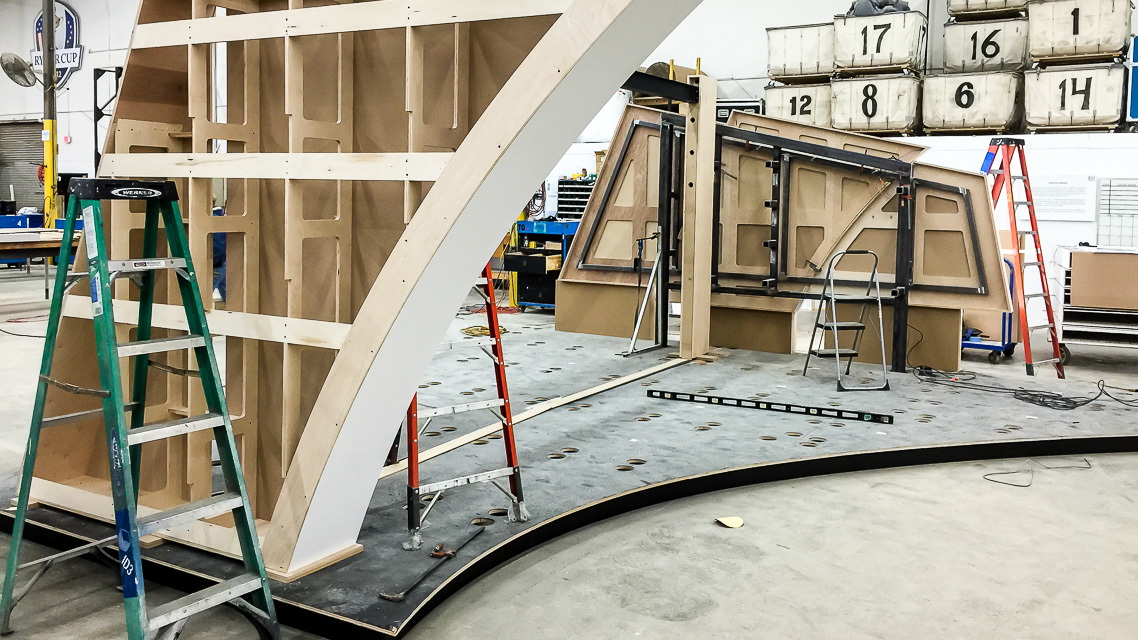U.S. small business confidence steady in April -NFIB
[ad_1]
WASHINGTON (Reuters) – U.S. modest company confidence held regular in April immediately after three straight month to month declines, but owners remained apprehensive about superior inflation and worker shortages, a study confirmed on Tuesday.
The National Federation of Independent Business (NFIB) reported its Small Business Optimism Index was unchanged at a reading of 93.2 very last month. The index experienced declined considering the fact that January.
30-two % of house owners reported that inflation was their solitary most essential issue in running their business. That was the premier share because the fourth quarter of 1980 and was up a stage from March.
The economy is going through large inflation caused by shortages, massive fiscal stimulus and low interest premiums. Once-a-year inflation is growing at the fastest rate in 40 yrs.
The Federal Reserve very last week raised its plan interest level by half a proportion point, the most significant hike in 22 yrs, and reported it would begin trimming its bond holdings following thirty day period. The U.S. central lender started off raising rates in March.
According to the NFIB study, much more proprietors predicted company problems to worsen more than the following six months. But there are signals inflation has probable peaked. The share of house owners raising average offering selling prices eased a bit from March’s report large.
That could be bolstered by the Labor Department’s customer selling price report on Wednesday. In accordance to a Reuters survey of economists, the shopper price tag index likely rose .2% previous month right after surging 1.2% in March. That would result in the CPI gaining 8.1% in the 12 months as a result of April right after accelerating 8.5% in March.
Also hinting at a peak in price pressures, the share of enterprises reporting they experienced increased compensation fell 3 points to 46%. There was also a dip in the proportion intending to elevate compensation above the subsequent a few months.
This was despite little organizations however having difficulties to obtain personnel to fill open positions. The share of entrepreneurs reporting open work was unchanged at 47%. In accordance to the NFIB, the worker shortages ended up most “acute” in the building, manufacturing, and retail sectors. It said job openings had been the lowest in the agriculture and finance sectors.
The federal government reported past 7 days that there were being a report 11.5 million work openings across the economic climate at the stop of March.
(Reporting by Lucia Mutikani Enhancing by Andrea Ricci)
[ad_2]
Source connection








